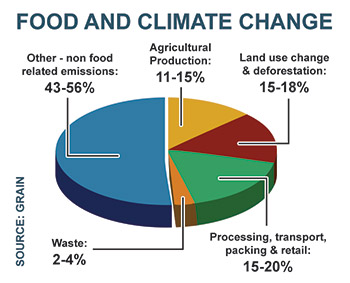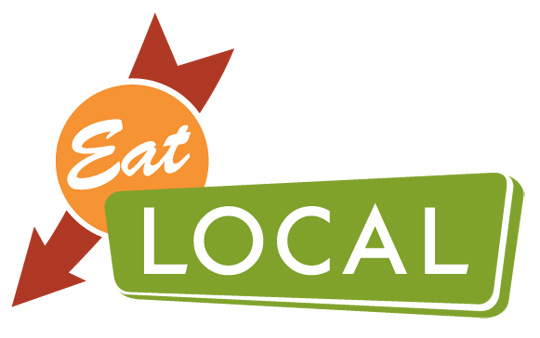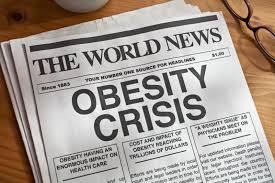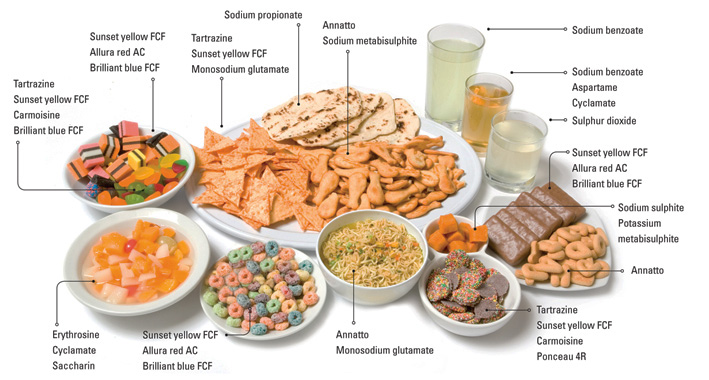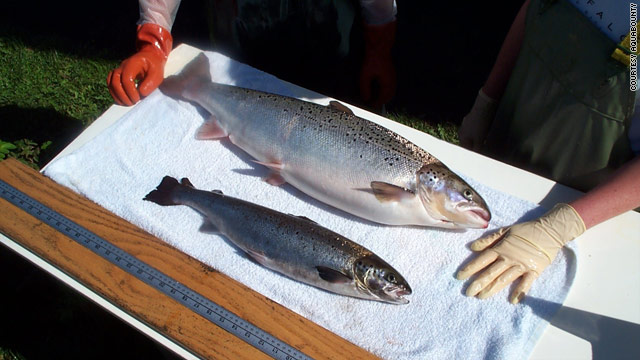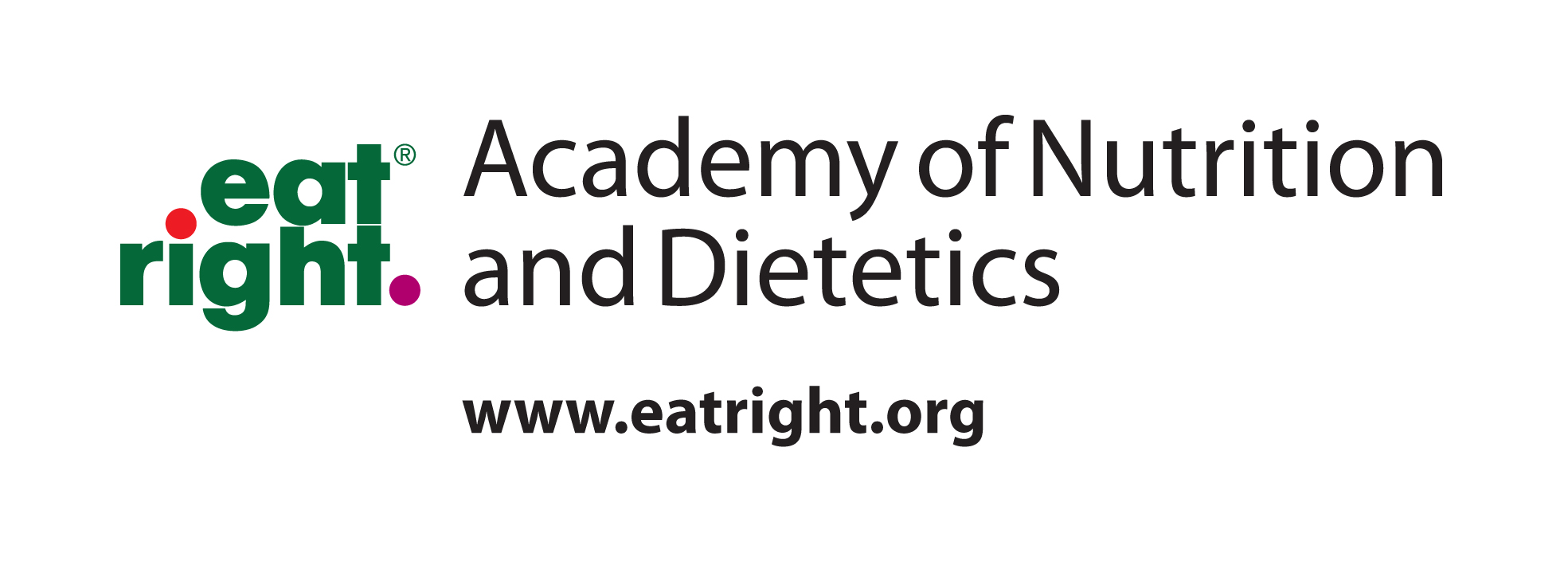Record-breaking heat waves, long-term drought, “100-year floods” in consecutive years, and increasingly extreme superstorms are becoming the new normal. The planet is now facing an unprecedented era of accelerating and intensifying global climate change, with negative impacts already being widely felt. While global climate change will impact nearly everyone and everything, the greatest impact is already being felt by farmers …
Officials Label ‘Healthy Eating’ As Newest ‘Eating Disorder’
Do you consider healthy, clean eating to be a priority in your life? According to the ‘psychiatric officials’ who want to add healthy eating to the extensive list of mental disorders, you have an eating disorder. ‘Orthorexia nervosa’ to be specific. We first told you about this back in February of this year, when major news outlets began pushing the term …
10 Reasons Why You Should Eat Local
Strolling of the Heifers has released the 2015 Locavore Index, which ranks the 50 states (and DC) in terms of their commitment to local foods. This is the fourth year the organization has produced the index. “The purpose of the Index is to stimulate efforts across the country to use more local food in homes, restaurants, schools and institutions,” said Orly Munzing, founder and executive director of Strolling of the Heifers. As …
The global south has free trade to thank for its obesity and diabetes epidemic
You wouldn’t think that free-trade deals could lead to a diabetes and obesity epidemic, but they have. Today, many countries in the global south are seeing an explosion of these afflictions – all because their governments welcomed in transnational food companies looking for new “growth markets” for poor quality, heavily processed or just plain junk food. For big conglomerates to …
8 Forgotten Survival Skills Your Great Grandparents Used Everyday
Our modern society is highly dependent upon the “system.” Not only do we rely upon utility services to bring us electricity, water and natural gas, but also on an incredibly complex supply chain which provides us with everything from food to computers. Without that supply chain, most of us wouldn’t know what to do. This situation is actually becoming worse, …
We are eating WHAT?
What if you took a spoonful of your morning cereal and had an allergic reaction or even felt tranquillized? But when you looked at the package labeling there were no ingredients that would seem to be red flags? Increasingly, thanks to an FDA loophole, food makers use additives and chemicals that they and not the FDA have declared “safe” and the ingredients …
Food & Water Watch calls on FDA to declare GMO salmon unsafe to eat
Food & Water Watch filed two legal petitions today asking the FDA to evaluate AquaBounty’s (ABTX) genetically engineered salmon as a “food additive,” instead of as an animal drug, and to declare GMO salmon unsafe to eat based on the food additive review process. “It couldn’t be more clear to consumers that GMO salmon is a food, not a drug,” …
Feeding the World – Without GMOs
‘The fact is, there are strategies that take advantage of what we already know about using resources more efficiently that have the proven potential to double food supplies while at the same time reducing agriculture’s burden on the environment.’ (Image:naturalsociety.com) EWG released a new analysis on Tuesday debunking the myth that genetically engineered crops (often called GMOs) will be crucial to …
What Will the Academy of Nutrition and Dietetics Endorse Next? Candy?
The AND seems to be proving its own lack of credibility by endorsing Kraft Singles—and then claiming it’s not actually an endorsement. State-based Action Alerts! Last week, the New York Times reported [1] that Kraft Singles—the individually wrapped slices of “cheese product” popular in school lunches—were the first product to boast the AND’s new “Kids Eat Right” label. The label is part of a wider AND …
Lots of leafy greens might shield aging brains, study finds
Researchers evaluated the eating habits and mental ability of more than 950 older adults for an average of five years. Those who consumed one or two servings of foods such as spinach, kale, mustard greens and/or collards daily experienced slower mental deterioration than those who ate no leafy greens at all, the study found. The brain benefits associated with dark leafy greens …

